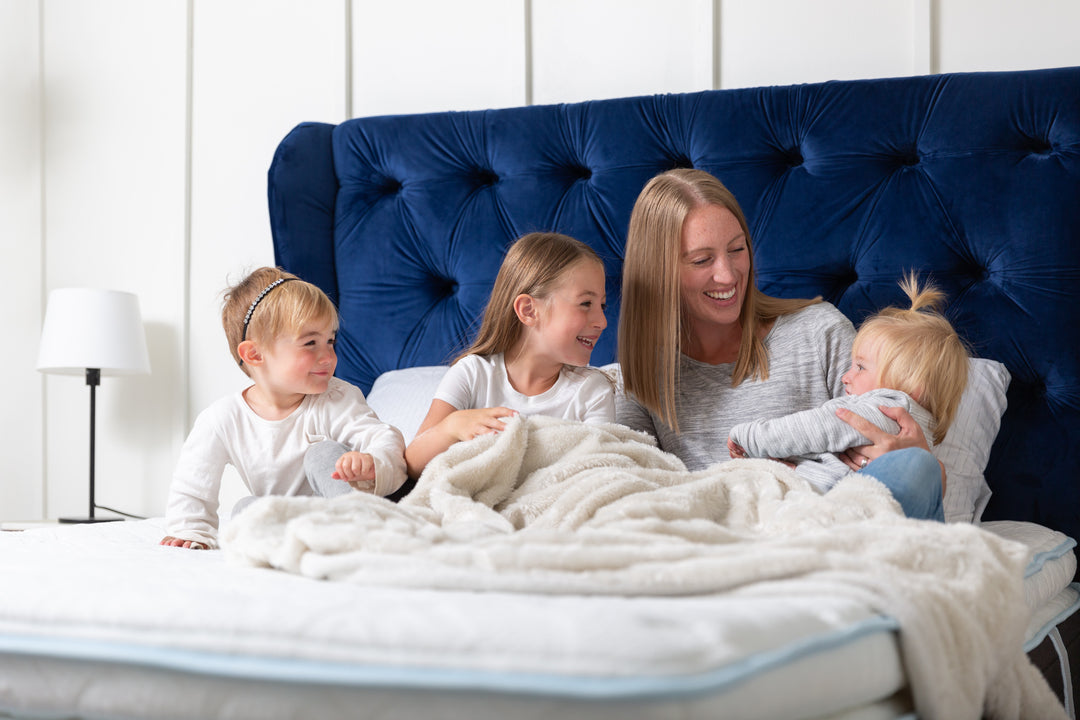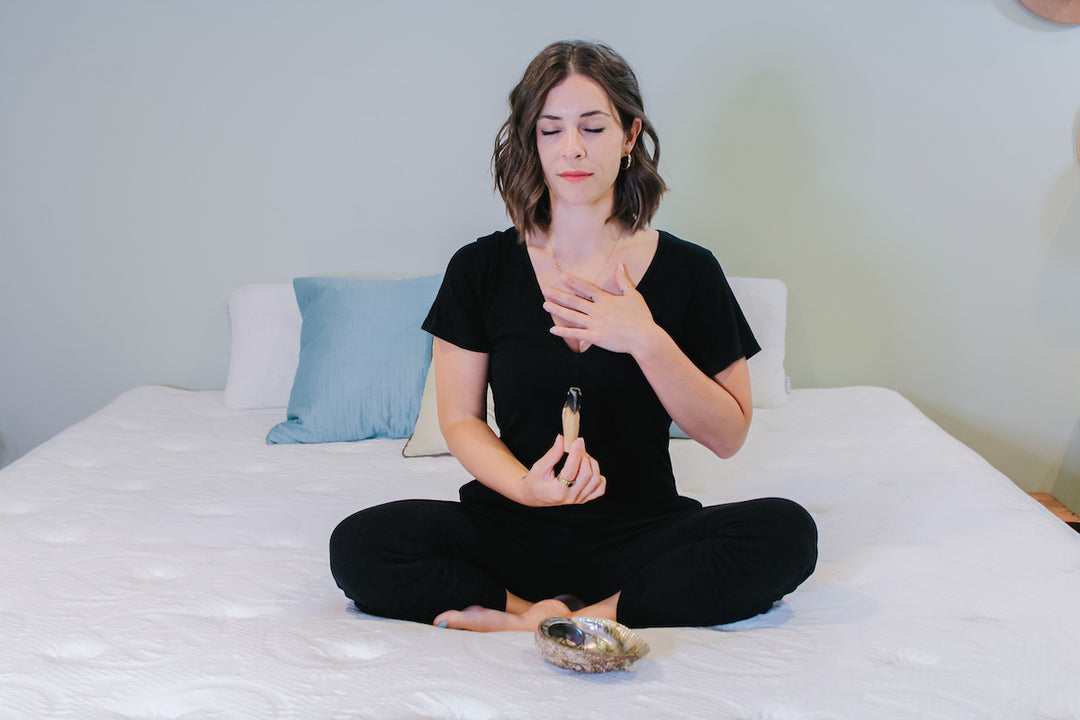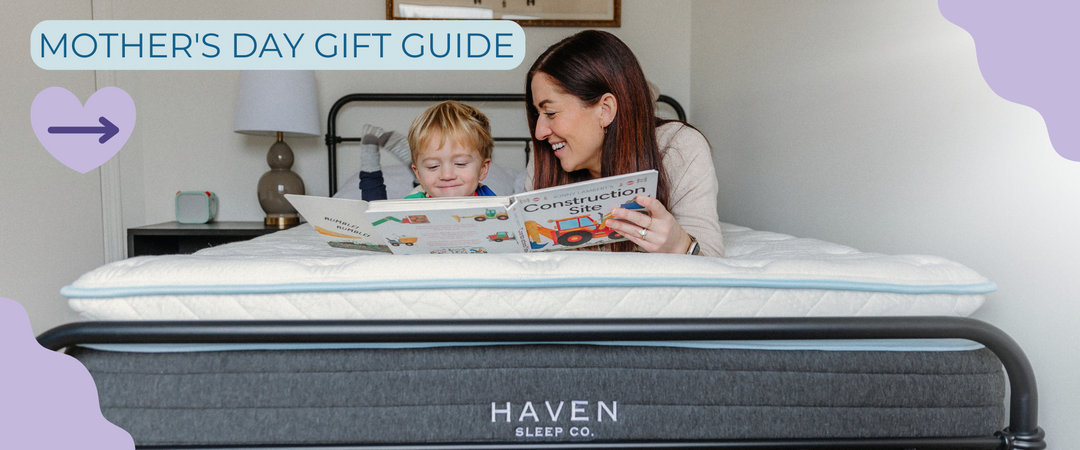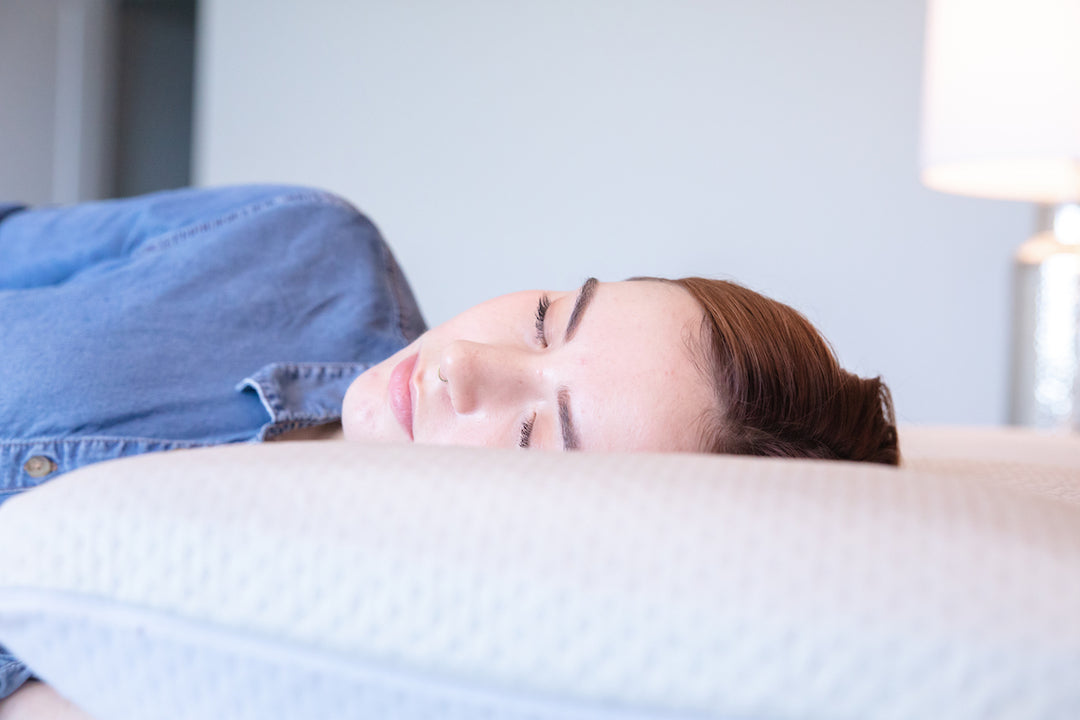
Weighted Blankets for Sleep: Do they work?
Written by Dr. Joti Samra, R.Psych.
There’s been increasing popular media attention on weighted blankets (which are about 10% of one’s body weight), and an increase in the number of people who are swearing by their effectiveness for many aspects of their lives, including anxiety and insomnia.
Are you considering investing in a weighted blanket, but are unsure of whether or not they’re effective? Here we are going to look at the potential impacts of weighted blankets, and what the research says about their benefits. Particular attention has been paid to the benefits for those with Autism Spectrum Disorder (ASD) and attention deficit hyperactivity disorder (ADHD).
What people are saying about weighted blankets
Before we dive into the research, let’s take a moment to look at what people are saying about weighted blankets. Those who are using weighted blankets often state it has a calming effect that makes them feel less anxious and in turn allows them to get better sleep. Those who appear to be the most vocal about the positive impacts of weighted blankets are parents of children with ASD. Is that enough to invest in a weighted blanket for sleep? Maybe not.
What the research says
Although the research is very preliminary, multiple studies have shown a link between weighted blankets and reduced anxiety levels. The calming effect is believed, by some, to be caused by something called “deep pressure stimulation” – or pressure that leads to a soothing effect on the body’s nervous system (for example, via firm but gentle squeezing, hugs or holding). Although research is inconclusive as to whether this is simply a placebo effect, multiple studies have shown that weighted blankets do have reported improvements on the sleep of individuals with anxiety.
Weighted blankets have also been tested on children with attention deficit hyperactivity disorder (ADHD). It was found that the blankets helped with sleep onset (falling asleep) and possible enhancement of overall sleep quality. These results are consistent with what was found in a study with people dealing with insomnia, where the weighted blankets were both subjectively and objectively found to help them get to sleep faster, and have enhanced sleep overall.
However, the above findings are far from definitive and not all studies show that weighted blankets produce a significant positive impact – but it is notable that there are no known studies that mention weighted blankets having a negative impact on users.
Final Thoughts
In sum, the existing research support for weighted blankets is mixed and inconclusive, but there are some promising indications including subjective reports of sleep onset and quality enhancement. Since there are no known negative impacts, the larger consideration of making a decision about whether or not to try using a weighted blanket is the cost.
Note: A weighted blanket should never be considered as a substitute for evidence-based treatment for anxiety, insomnia, or ASD by a regulated healthcare professional.
If you, or someone you care about, is struggling with sleep difficulties take the time to familiarize yourself with sleep hygiene principles that are proven to be effective in managing a number of sleep challenges. Also, read our specific tips for children and sleep. If you’ve tried sleep hygiene for several weeks and are still consistently struggling with sleep challenges you may want to consider seeing a medical professional.
Other Sleep Resources by Dr. Joti Samra include:
Getting a Good Sleep without Medication
Dr. Joti Samra, R.Psych. is the Clinic Founder of Dr. Joti Samra, R.Psych. & Associates and the CEO and Founder of MyWorkplaceHealth. Learn more about their clinical counsellingand workplace consulting services.






